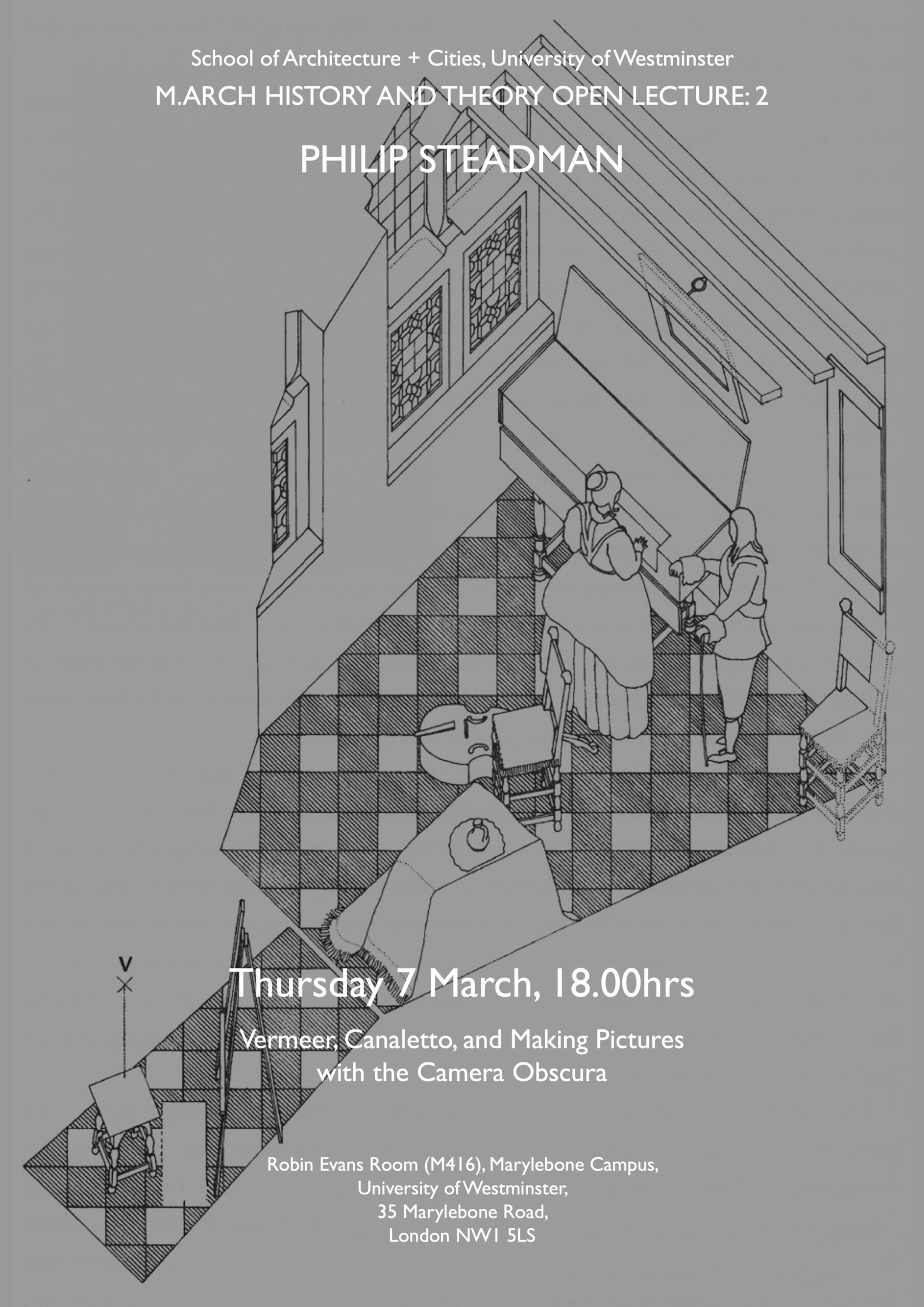When: Thursday, 21st of March 2024 at 6pm
Where: M416, Marylebone Campus, University of Westminster, 35 Marylebone Road, NW1 5LS
“For such a long established and deeply entrenched subject, adaptive reuse has a remarkably short history. It is a practice that stretches back to almost the first constructed buildings themselves; for structures have perpetually been altered to accommodate the needs of their different occupants, and yet until recently has lacked the professional, theoretical, and historical recognition of new-build architecture. However, 21st century issues of culture, heritage, and sustainability have pushed adaptive reuse from the periphery into the forefront of architectural debate. Adaptive reuse is a young subject, and as such, is not burdened with the weight of history that architecture carries. It has the freedom to collect influences from a wide range of sources that allows for a transgressive, pluralistic approach. This discussion will examine the evolution of adaptive reuse into the subversive force that it assumes today.”
ALL WELCOME













